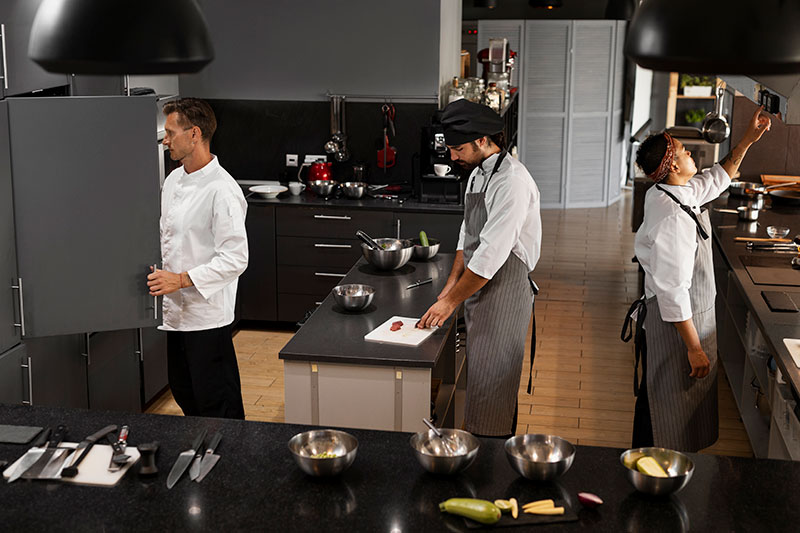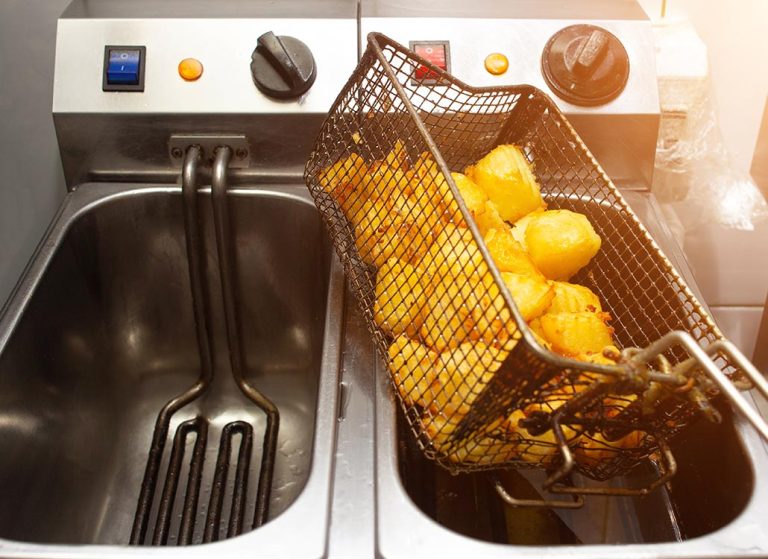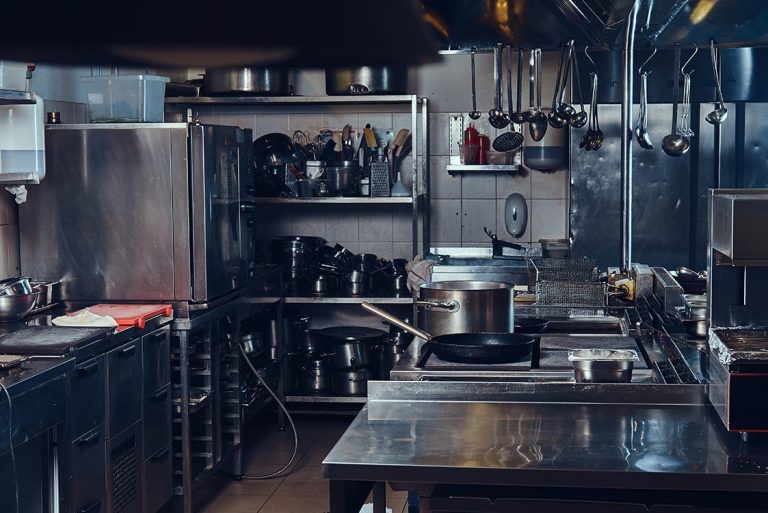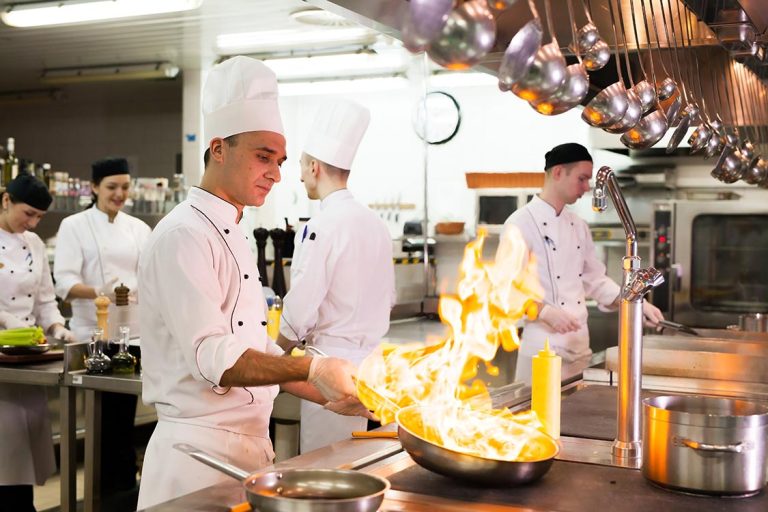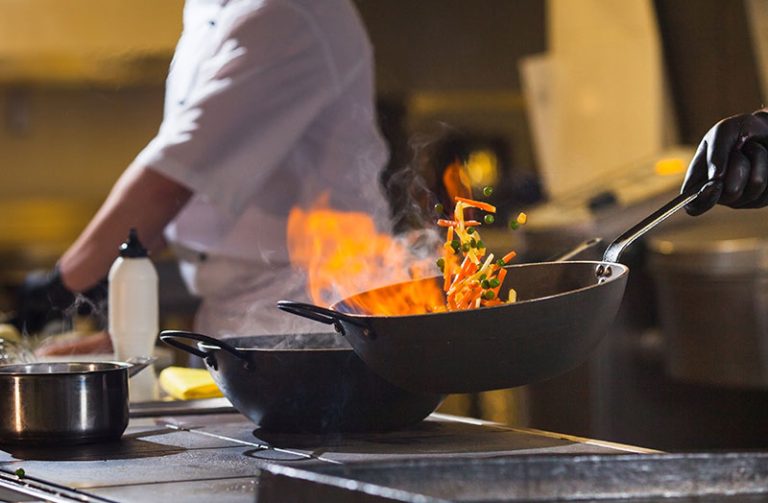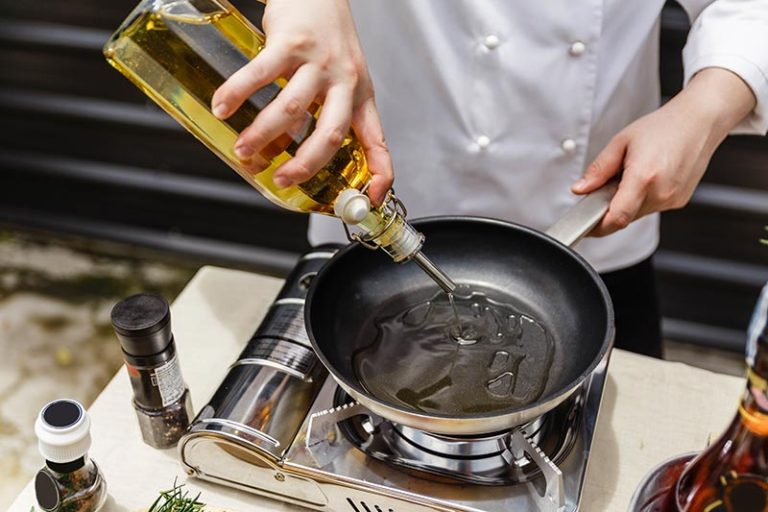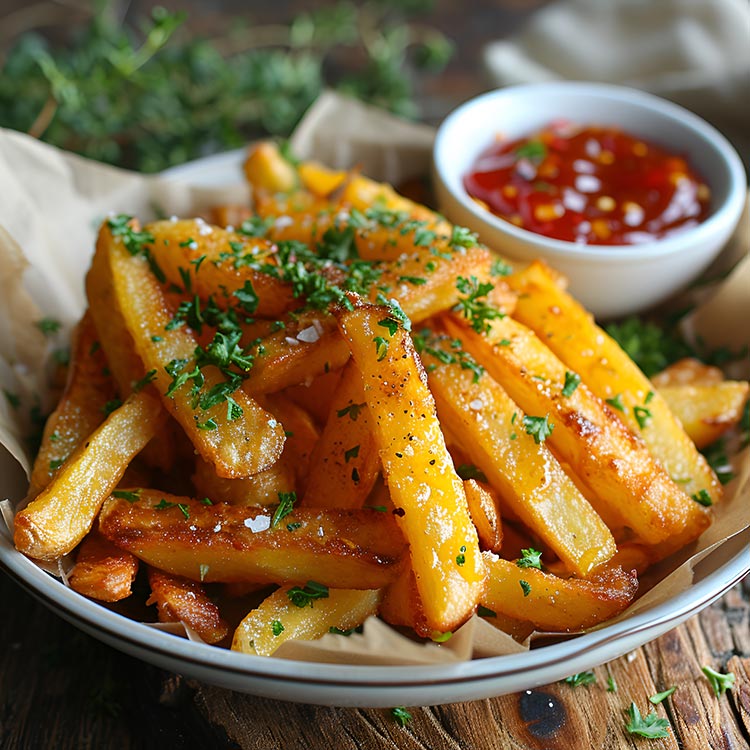Step-by-Step: Setting Up a Used Cooking Oil Recycling Program
Recycling used cooking oil isn’t just a smart business move—it’s an essential practice for sustainable operations. Establishing a successful program might seem daunting at first, but with the right approach, it’s a straightforward process that can seamlessly integrate into your kitchen’s daily routine. From improving compliance to supporting renewable energy efforts, this guide will walk you through the key steps to get started.
Assessing Your Current Practices
Before you dive into setting up a recycling program, it’s important to take stock of your current processes. Evaluate how your restaurant handles used cooking oil. Where is the oil stored? How is it disposed of? Are there any recurring issues, such as leaks, contamination, or inconsistent disposal schedules?
Understanding your starting point helps identify inefficiencies that a recycling program can address. For example, many kitchens rely on outdated or poorly maintained containers, which can lead to spills or quality degradation. This simple audit will also clarify your oil usage patterns, making it easier to plan for collection and storage needs.
Finding the Right Recycling Partner
Selecting a reliable recycling partner is the foundation of a successful program. Not all service providers are created equal, so it’s essential to research options carefully. Look for a partner with a proven track record in compliance, sustainability, and customer service.
A good partner will provide sealed, leak-proof containers designed to preserve the quality of your oil. They’ll also offer regular collection schedules tailored to your operations, ensuring minimal disruption. Transparency is key—choose a partner who can clearly explain how your oil will be processed and what environmental impact it will have.
At Longview Environmental Company, we pride ourselves on offering tailored solutions that meet the specific needs of our clients. From compliance expertise to exceptional service, we aim to make the transition to recycling as easy as possible.
Establishing Efficient Procedures
Once you’ve partnered with a reliable provider, the next step is to integrate recycling into your kitchen’s workflow. Begin by designating a specific area for used oil storage. This space should be easily accessible to staff but located away from heat sources or high-traffic zones to ensure safety.
Training your team is just as important as having the right tools. Educate staff on how to properly handle, filter, and store used oil. Clear guidelines should include steps for transferring oil to containers, avoiding contamination, and maintaining cleanliness around the storage area. These practices not only improve the recycling process but also reduce the risk of accidents or spills.
Consistency is critical. By implementing a routine collection schedule, you can ensure that storage areas remain organized and that oil is always collected before it becomes a logistical issue. Over time, these practices will become second nature, making recycling an effortless part of your kitchen’s operations.
Monitoring and Optimizing Your Program
Launching a recycling program is just the beginning. To maximize its benefits, it’s important to monitor its performance regularly. Keep track of how much oil your kitchen produces and how effectively it’s being recycled.
Feedback from your team can be invaluable. Are the containers easy to use? Does the collection schedule align with peak kitchen hours? Regular check-ins with staff and your recycling partner can help identify small adjustments that improve efficiency.
Why Start Today?
Establishing a used cooking oil recycling program is more than a box to check—it’s an opportunity to create lasting value for your business and the environment. By turning waste into renewable energy, you’re contributing to a cleaner future while enhancing your operational efficiency and reputation.
The best time to start is now. With a reliable partner like Longview, you’ll have the support you need every step of the way. From assessing your current practices to optimizing your program, we make it easy for you to succeed.
Your kitchen has the potential to be a model for sustainability. Contact us today to learn more about starting your used cooking oil recycling program. Together, we can transform waste into progress and set a new standard for eco-conscious dining.

